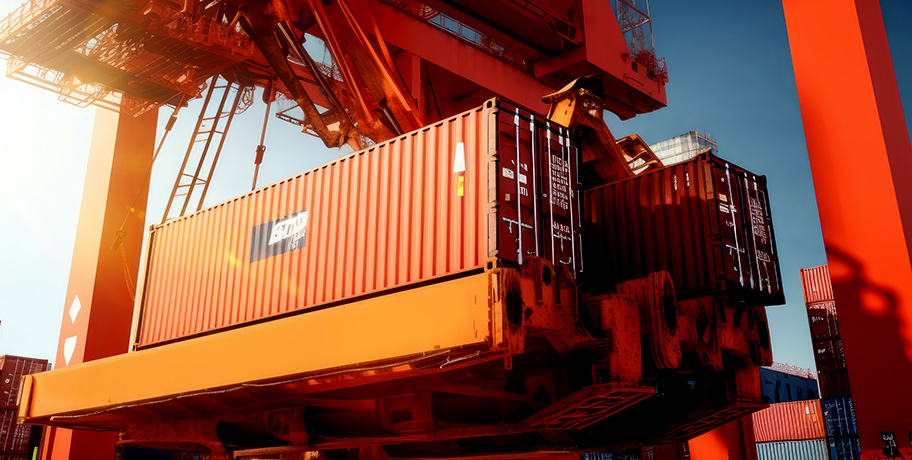SUSTAINABILITY IN REVERSE LOGISTICS
Apr 22, 2021
Sustainability In Reverse Logistics
Reverse Logistics
Reverse logistics deals with the return of products or goods from the consumer back to its shipper or a distribution center. With the increase in online shopping during the pandemic, 3PL companies have seen a significant surge in return shipping. With this increase, the necessity of well-planned reverse logistics has become extremely essential and it is more important than ever to optimize sustainability efforts in reverse logistics, as this will make for a more efficient and green supply chain industry. As the need continues, NTG has plans for continuing to integrate environmentally-conscious practices into our supply chain logistics.
Sustainability in Reverse Logistics
Continuing efforts towards sustainability remain a key priority for 3PL companies in order to implement environmentally-friendly practices. NTG aims to create more relationships with environmentally-conscious partners, and learn from industry trends in this area. When making an effort to become more sustainable, there are many benefits of using a third-party logistics company to take into consideration.
One of the main challenges being seen in reverse logistics is the large increase in freight over the last year – largely due to the uptick in online shopping. One of the many advantages of using a third-party logistics company is having a vast network of vehicles of various sizes immediately available for return shipments. This variety of appropriate transport sizes helps to eliminate possible empty loads and unnecessary trips by incorrect truck sizes, making completing reverse logistics journeys much more efficient. Having access and the ability to utilize multi-sized vehicles is a major benefit of using third-party logistics and is contributing to the sustainability efforts in the industry.
Route Optimization
Another critical aspect of sustainability efforts in reverse logistics is route optimization. Optimization technology aids in implementing environmentally-sustainable practices, such as avoiding empty backhaul routes, incorrectly packaged trucks and indirect carrier routes that result in unnecessary mileage. NTG utilizes advanced technology to optimize carrier routes and reduce CO2 emissions, ensuring carriers are not driving unnecessary miles. As we look to the year ahead, NTG is committed to continuing these and further efforts to increase sustainability through optimization and advanced technology.



